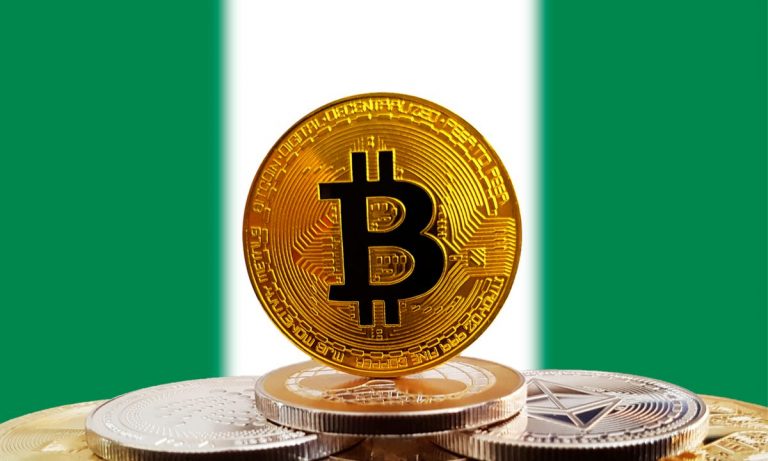
After years of oscillation—marked by the Central Bank of Nigeria’s (CBN) 2017 warnings and 2021 ban on banks facilitating crypto transactions—Nigeria has shifted toward a more structured approach. The CBN lifted the banking ban in December 2023, allowing financial institutions to engage with virtual asset service providers (VASPs) under guidelines. The Securities and Exchange Commission (SEC) followed with its Accelerated Regulatory Incubation Program (ARIP) in June 2024, mandating VASPs to register and comply with oversight. This pivot, as emphasized by Information Minister Mohammed Idris in early 2025, aims to regulate rather than restrict, fostering a predictable environment for crypto businesses while protecting consumers.
Crypto hubs in Nigeria—geographic or virtual concentrations of cryptocurrency activity, innovation, and infrastructure—hold immense potential to enshrine, or solidify, developments across economic, technological, and social spheres. As of March 24, 2025, Nigeria’s position as a global leader in crypto adoption (second on Chainalysis’ 2024 Global Adoption Index) and its evolving blockchain strategy provide a foundation for these hubs to drive sustainable progress. Here’s how they can amplify and embed developments in Nigeria.
Crypto hubs can anchor economic development by formalizing Nigeria’s massive crypto market—projected to hit $1.555 billion in revenue by the end of 2025 (Statista). Cities like Lagos, already a fintech epicenter with unicorns like Moniepoint, could evolve into crypto hubs by hosting exchanges, blockchain startups, and payment gateways. With 25.86 million crypto users (11% penetration) and 43.5% broadband access, hubs can extend financial services to the unbanked (over 30% of Nigerians), using mobile-based crypto wallets and stablecoins to bypass traditional banking barriers. Peer-to-peer (P2P) trading, where Nigeria ranks first globally, thrives in hubs.
Register for Tekedia Mini-MBA edition 19 (Feb 9 – May 2, 2026): big discounts for early bird.
Tekedia AI in Business Masterclass opens registrations.
Join Tekedia Capital Syndicate and co-invest in great global startups.
Register for Tekedia AI Lab: From Technical Design to Deployment (next edition begins Jan 24 2026).
Formalizing this via regulated exchanges could increase transaction volumes (e.g., $59 billion received July 2023-June 2024), channeling funds into local economies. Hubs can promote stablecoin use (40% of Sub-Saharan Africa’s stablecoin inflows) as a shield against Naira volatility (50% depreciation in 2023), stabilizing purchasing power and encouraging investment. Crypto hubs can enshrine technological progress by fostering a skilled workforce. Hubs could host over 20 exchanges e.g., Quidax, NairaEx, PeniWallet by SMCDAO and blockchain projects, employing hundreds in roles like smart contract development, auditing, and customer support—tackling youth unemployment (33.3% in 2021).
Initiatives like the National Blockchain Consortium could base training centers in hubs, teaching blockchain coding, DeFi mechanics, and crypto trading. This aligns with Nigeria’s 66% crypto interest in Africa (CoinGecko), upskilling a tech-savvy youth (median age under 20). By attracting venture capital—mirroring Asia’s hubs like Hong Kong—hubs could fund startups, embedding a culture of entrepreneurship. Moniepoint’s $1 billion valuation shows this potential. With hubs driving blockchain adoption (e.g., supply chain tracking), farmers could access finance via tokenized assets, addressing food security—a priority noted by the CBN. Lagos’ real estate tokenization plan (August 2024) sets a precedent.
The “Nigerium” blockchain, designed for data sovereignty, could be piloted in hubs, enhancing transparency in voting or public records, as per NITDA’s vision. Hubs can optimize Nigeria’s $205.7 million P2P remittance flow (H1 2021), cutting fees and boosting forex reserves, critical as oil weakens. Hubs could pilot SEC’s ARIP or CBN’s VASP guidelines, refining regulations (e.g., taxing crypto trades, as proposed in 2025). Success here could enshrine a balanced model—innovation-friendly yet secure—drawing lessons from Singapore. By hosting blockchain conferences or DeFi summits, hubs could position Nigeria as Africa’s crypto capital, attracting FDI and countering Gray List risks.
Post-Bybit hack ($1.5 billion, February 2025), hubs could lead cybersecurity innovation, developing local solutions like wallet encryption or fraud detection, reducing reliance on foreign tech. Though not a mining hub due to power constraints (Stears, 2021), hubs could leverage Nigeria’s renewable potential (e.g., solar) for blockchain nodes, supporting sustainable growth. Imagine Lagos as a crypto hub: Binance and local exchanges set up regulated offices, NITDA trains 10,000 developers, and Zone’s blockchain network processes bank settlements. A farmer in Kaduna tokenizes crops via a hub-backed dApp, while a freelancer in Abuja receives USDT payments instantly. Tax revenue funds rural broadband, deepening adoption. This ecosystem cements economic and tech gains
Binance’s $81.5 billion lawsuit (2025) shows enforcement gaps. Hubs need consistent rules to thrive. Unreliable power and internet (outside 43.5% broadband zones) could limit hub scalability. Rugs like Davido’s ‘ECHOKE’ and ‘DAVIDO’ coin require hubs to prioritize education and KYC to build credibility. Crypto hubs in Nigeria can enshrine developments by turning transient crypto enthusiasm into lasting economic and social infrastructure. By channeling adoption (second globally), hubs could make Nigeria a blueprint for Africa—merging financial inclusion, job growth, and blockchain innovation. Success demands collaboration between regulators, tech firms, and communities.


